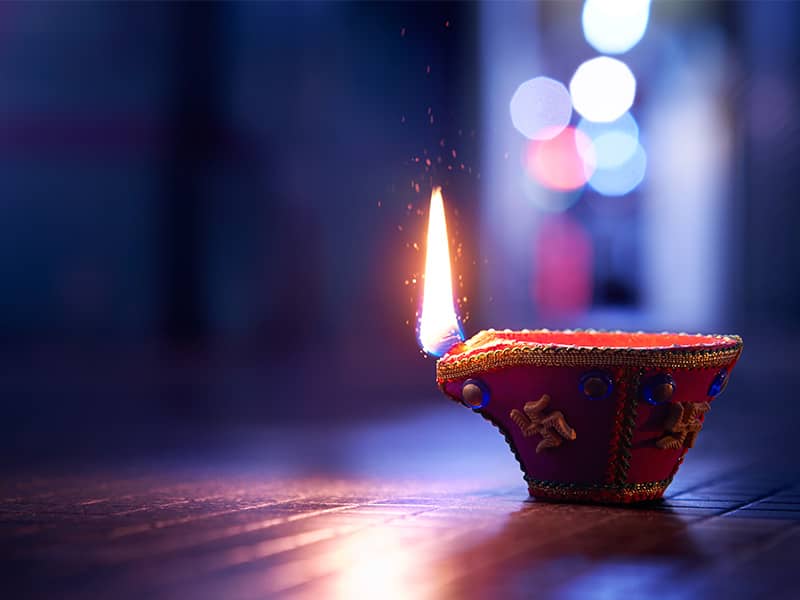Q: I'm confused by one of your replies. You wrote: "When Guru and sastra ...speak against intoxication, this does not include the application of otherwise intoxicating drugs when used for medicinal purposes. Coffee and green tea are not good for the body or mind in the long run, but their occasional use at times for practical purposes will not affect one's bhakti."
What do you mean by "practical"? The person writing says he/she drinks coffee in order to work 24 hours straight. Is such use of coffee OK? Is working for 24 hours straight desirable? One could justify so much intoxicant use on the pretext of "practicality." Would you kindly elaborate?
The devotee who asked me this question is a good friend of mine. He works as a paramedic, and four days a week he has to work 24 hour shifts. I think we need paramedics in this society, and I have no problem with devotees being employed in this field. Indeed, it has brought him many realizations about the fleeting nature of life in this world. If he needs to drink coffee on these days to remain alert, it will not adversely affect his bhakti.
If the soul is, as you say, "asleep" [when in illusion], then who or what is doing the thinking, willing, and feeling, and making the conscious choices?
The soul in its sleep is not fully aware of the extent to which it exists nor of the other aspects of its own nature. Under the influence of material nature (illusion), it makes choices it would not make were it not under this influence. Just as someone intoxicated is said to be someone other than himself, so the illusioned soul is not the true self, the awakened self.
I was wondering about the eroticism in much of Krsna art. Much of this was painted by non-practitioners. Do you think that this art, being influenced by the non-spiritual thinking, is sometimes misleading and inappropriate? With art, as opposed to the written word, there is no explanation, and one's mundane imagination can easily take over.
I worked with some artists from Rajashtan who were not initiated spiritual practitioners, but whose appreciation of the spiritual nature of Krsna lila was apparent. As for the Mogul period, those who painted for the Mogul rulers, as well as the rulers themselves, certainly had higher moral standards than our society does today. Thus, what might appear distasteful and potentially misleading to us may not have brought the same thoughts to their minds. The problem may lie more with ourselves than the artists. There are three doers and simultaneous nondoers in the equation of our material life: God, material nature, and the soul. God is a doer, for nothing moves without God's sanction. Yet God is not the doer in the sense that God is not responsible for that which takes place; being a self-satisfied doer, he moves not out of need and thus without karmic implication. Material nature is a doer, for all the workings of nature and our bodies are but her movements. Yet material nature is a nondoer as well, for material nature is inert and unconscious. The soul is a doer by the force of desire. When it desires something material under the illusion that it is in need, God sanctions material nature to move in relation to that desire for its fulfillment. Yet the soul is a nondoer as well, because when it desires in relation to material nature, it is material nature that acts.
I read somewhere that Hinduism is silent on homosexuality/bisexuality, and therefore is tolerant of it (but that it condemns abortion). The religion presupposes that all relationships are karmic, and that since God is in all, and God is in love, should it matter who you choose to love? Could it be that a soul (which has no gender of its own), which was born in a series of female incarnations, but then is born into a male body, still retains its past physical desires of attraction to men? And if that soul chose to find a loyal, "passionate/sacred" same-sex union (without doubt, carrying on from a previous karmic relationship) and then sublimate the erotic sexual feelings into spiritual love, just as is advised for the heterosexual spiritual aspirant, would there be anything wrong with it?
I don't think Hinduism is silent on same-sex relationships. Yes, all relationships are a product of karma, but that does not make them all good, because there is good and bad karma--and all karma is a product of illusion. In illusion, the soul really does not choose its material partner, as it is asleep. Material relationships are based on the influence of the mind and senses, nothing more. Certainly those who in female bodies are sexually attracted to women and those in male bodies who are similarly attracted to men have retained karmic impressions (samskaras) from their previous lives. The women were most likely men, and the men most likely women previously. However, all sexual attraction, again, is a product of illusion. Thus it must be transcended.

